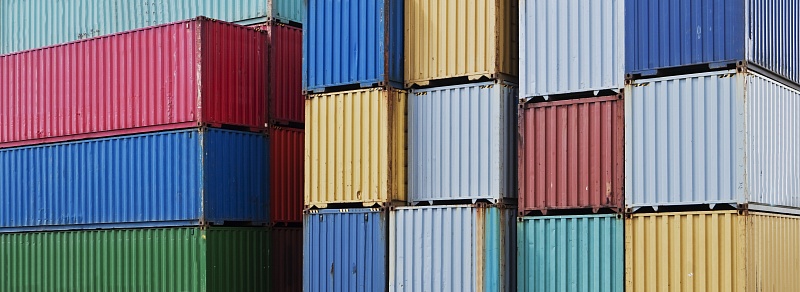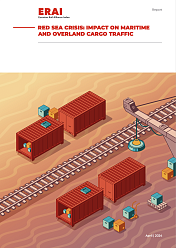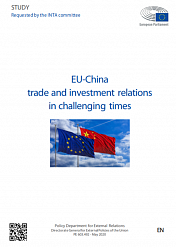Long-suffering cargo owners face another wave of pain as the terminal congestion from the coronavirus outbreak in southern China threatens to ripple around the world.
The ports of Yantian, Shekou and Nansha have been affected to varying extents by a spread of infection that has led to reduced handling capacity at terminals since the end of May, when a six-day stop on export containers entering Yantian was imposed.
Carriers have already announced significant disruptions to sailings and schedules due to the outbreak, with the Alliance cancelling or transferring 29 calls since the end of May and confirming omissions running up to June 25.
Drewry ports and terminals analyst Eleanor Hadland said that the disruption in China would eventually spill over and disrupt European and North American markets again, commenting: «We’re seeing this contagion spread around the world and there is just a lack of resilience. There is no spare capacity in North America or China at the moment to handle this level of disruption.»





